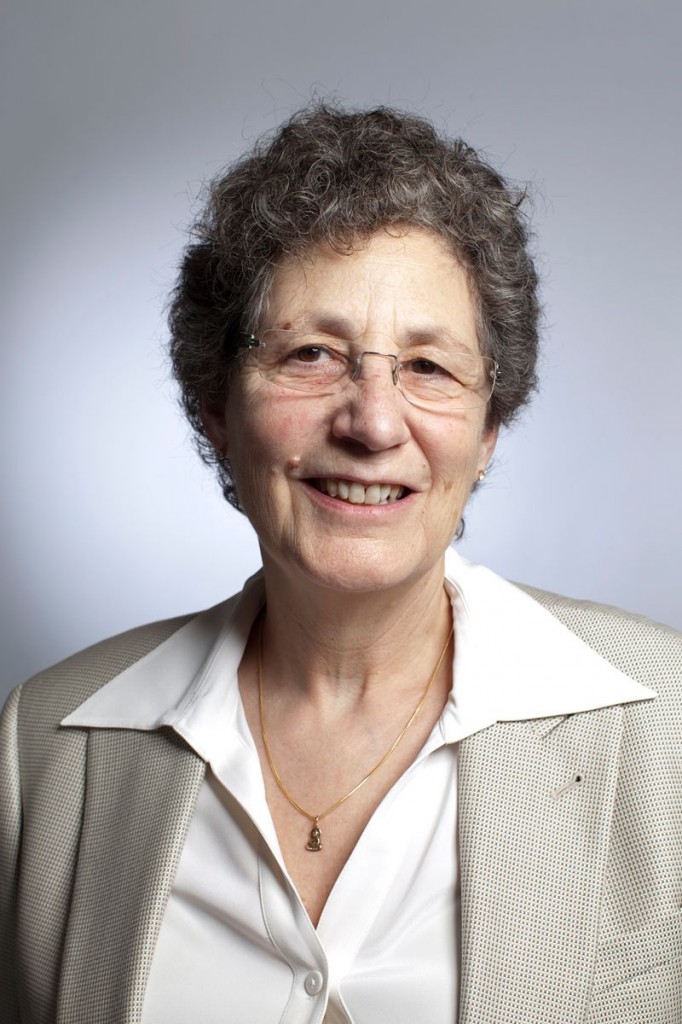 In July 2013, the LGBT Aging Policy Task Force’s survey (Addressing the Needs of LGBT Older Adults in San Francisco) reported 15% of the 616 participants seriously considered committing suicide within the previous 12 months. Mental health services were among the highest ranked needs of survey participants.
In July 2013, the LGBT Aging Policy Task Force’s survey (Addressing the Needs of LGBT Older Adults in San Francisco) reported 15% of the 616 participants seriously considered committing suicide within the previous 12 months. Mental health services were among the highest ranked needs of survey participants.
Despite requiring services, some participants did not access them for a variety of reasons, such as due to the expense or because of concerns about discrimination. Half of those who use alcohol and substance abuse programs indicated that they do not feel comfortable utilizing these services as an LGBT older adult. Clearly, low-income LGBT seniors are not accessing needed mental health services. Other relevant findings are that 40% of survey participants did not have the minimum income to meet their basic needs, nearly two-thirds lived alone and only 15% had children, 60% of whom indicated their children are not available to assist them.
Not surprisingly, the Institute of Multigenerational Health at the University of Washington found that LGBT seniors, both locally and nationally, have higher rates of disability, depression, loneliness and substance abuse and are at greater risk for isolation. While it is important to point out that most LGBT older adults and seniors are aging well, these studies indicate that there is a need for a safety net of mental health services for those in distress.
Patrick Arbore is a gay man and is founder and Director of the Center for Elderly Suicide Prevention and Grief, which maintains a 24-hour crisis intervention service, the Friendship Line, for older adults and younger disabled adults. He wrote in his Aging in Community guest article “Let’s Not Go It Alone” (July 2014), “Through early intervention and prevention, we can hopefully identify the grief, depression, substance abuse, loneliness and other factors that contribute to suicide risk and suicide death. If we are going to reduce suicidal ideation and suicide death in the older LGBT community, we will need to insist that health, mental health, and other city-wide services do all they can to advocate for nondiscrimination and protection for LGBT people.”
But advocacy is just part of the solution. In response to the recommendations of the LGBT Aging Policy Task Force, The Department of Aging and Adult Services and community senior serving non-profits, such as Openhouse and Shanti, have established the first steps in providing a mental health safety net—case management and support groups.
Case managers, peer support groups, suicide prevention hot lines and LGBT senior cultural competency training for mainstream providers are all essential pieces to creating a mental health safety net, but are they enough? The loss of New Leaf in 2010, San Francisco’s LGBT community mental health service organization, has left the community without a trusted, dedicated mental health program for low-income LGBT seniors. Service providers working with LGBT adults need a comprehensive mental health program targeted to low-income seniors and people living with disabilities that they can count on to refer people to for effective interventions that include medication and psychotherapy, and that LGBT seniors will access because they trust they will be treated with respect and understanding.
As a longtime LGBT senior advocate, I believe most strongly that it serves our community best to partner and collaborate first with existing mainstream senior services to make them more LGBT welcoming and competent, and second, to create LGBT targeted programing and services only when needed. Are the mental health needs of San Francisco’s low-income seniors being addressed, or, as the data suggests, is it time to develop the next step in an LGBT senior mental health safety net—a comprehensive multicultural outpatient mental health and substance abuse program for LGBT seniors and people living with disabilities?
Marcy Adelman, Ph.D., a clinical psychologist in private practice, is co-founder of the non-profit organization Openhouse and was a leading member of the San Francisco LGBT Aging Policy Task Force.
Recent Comments